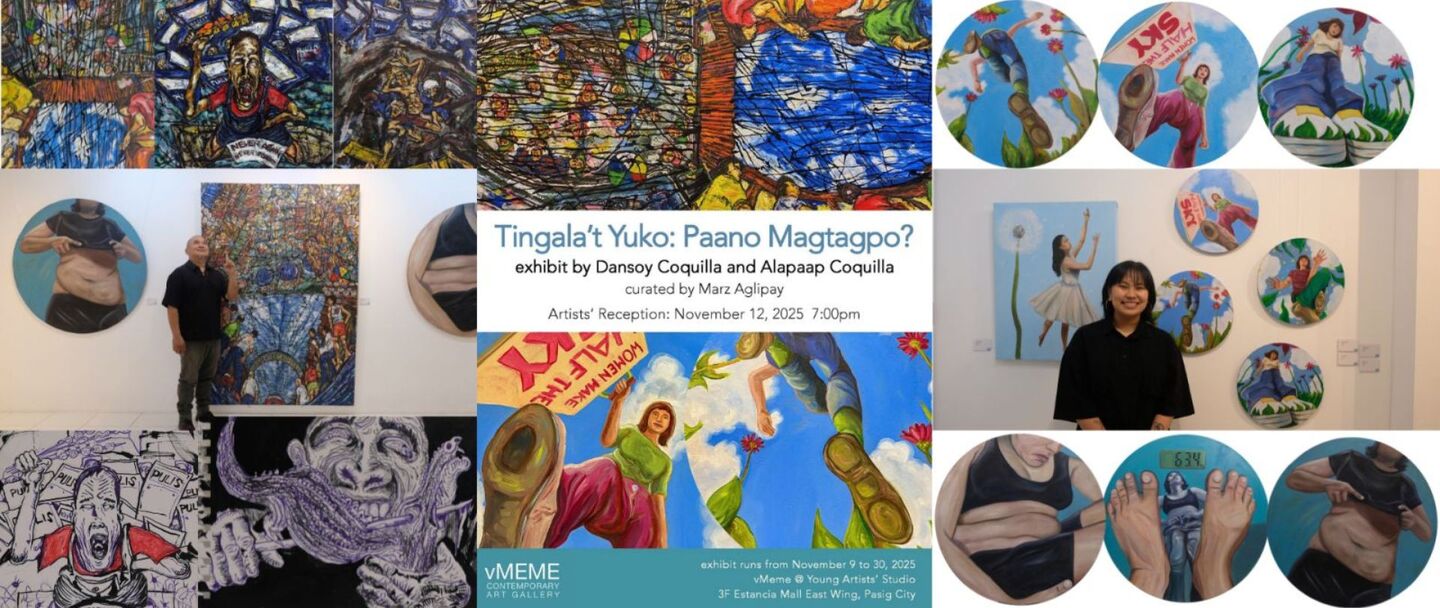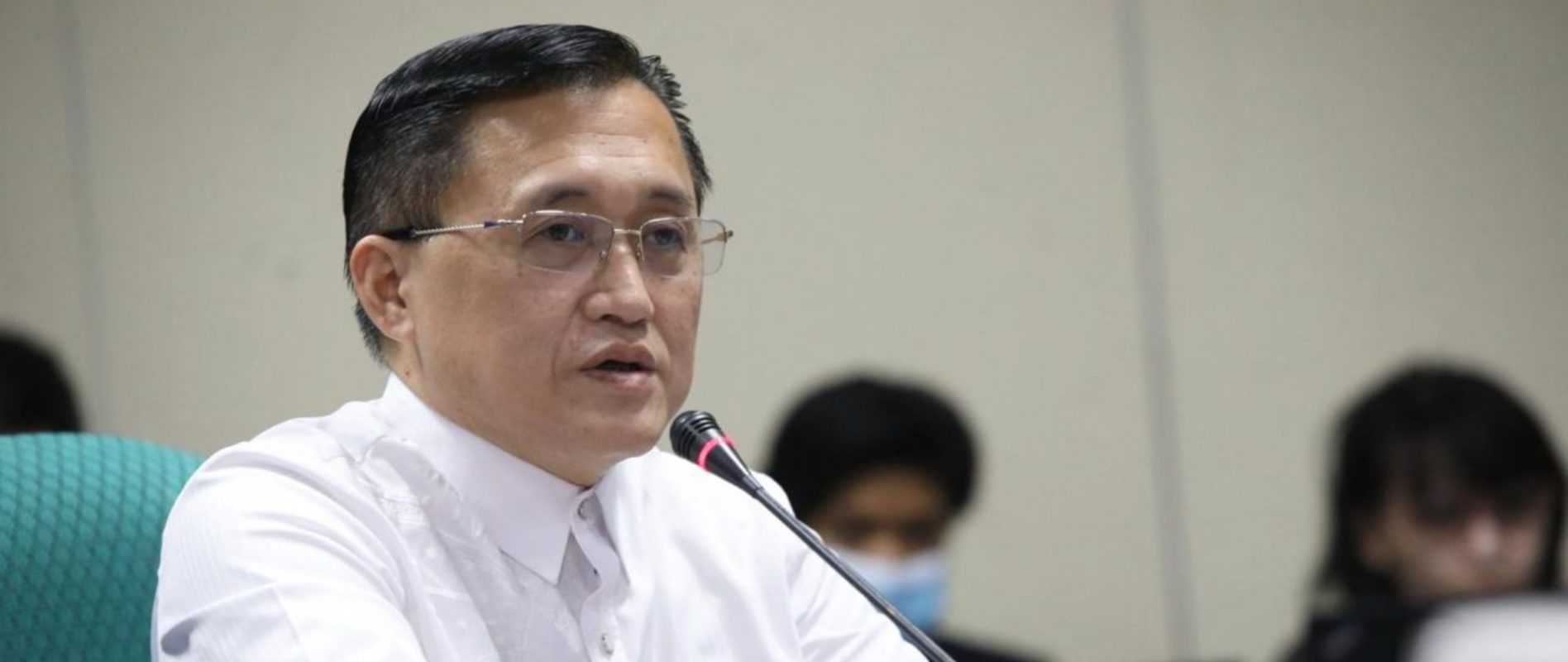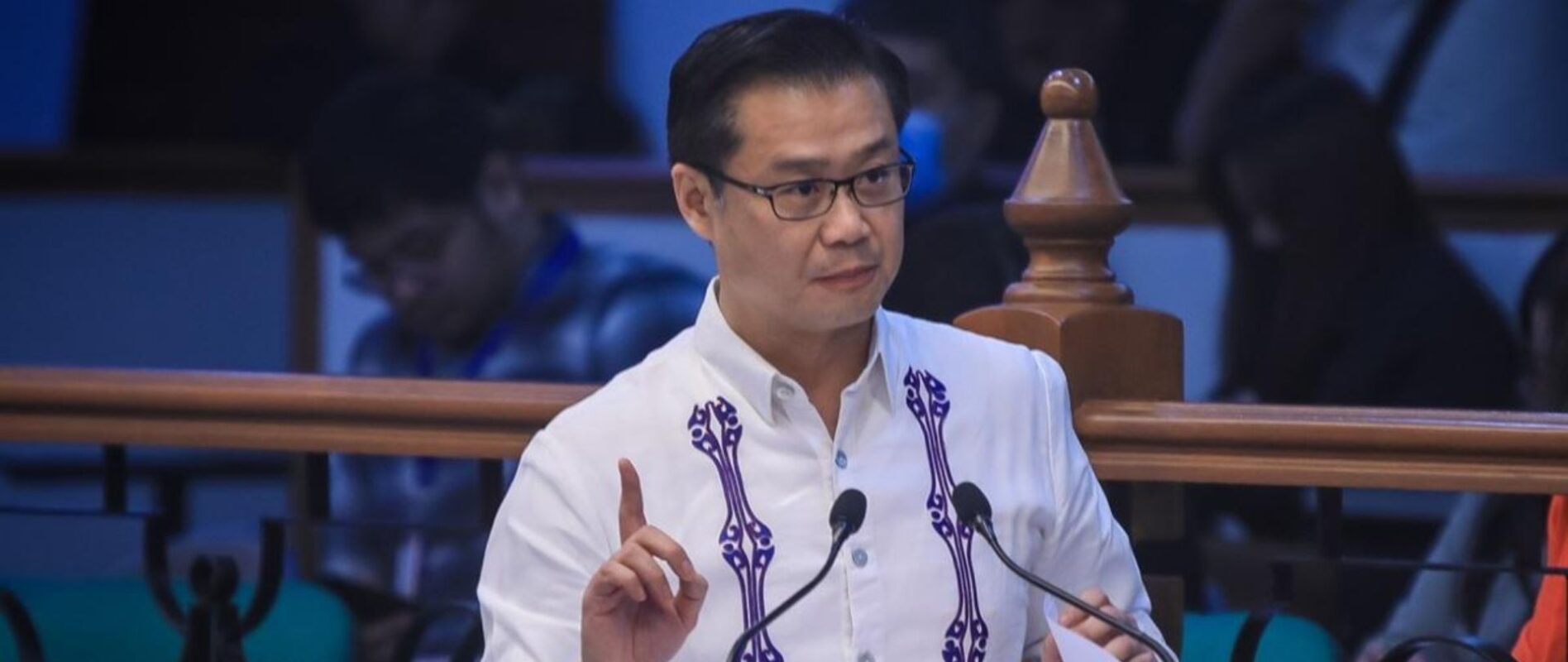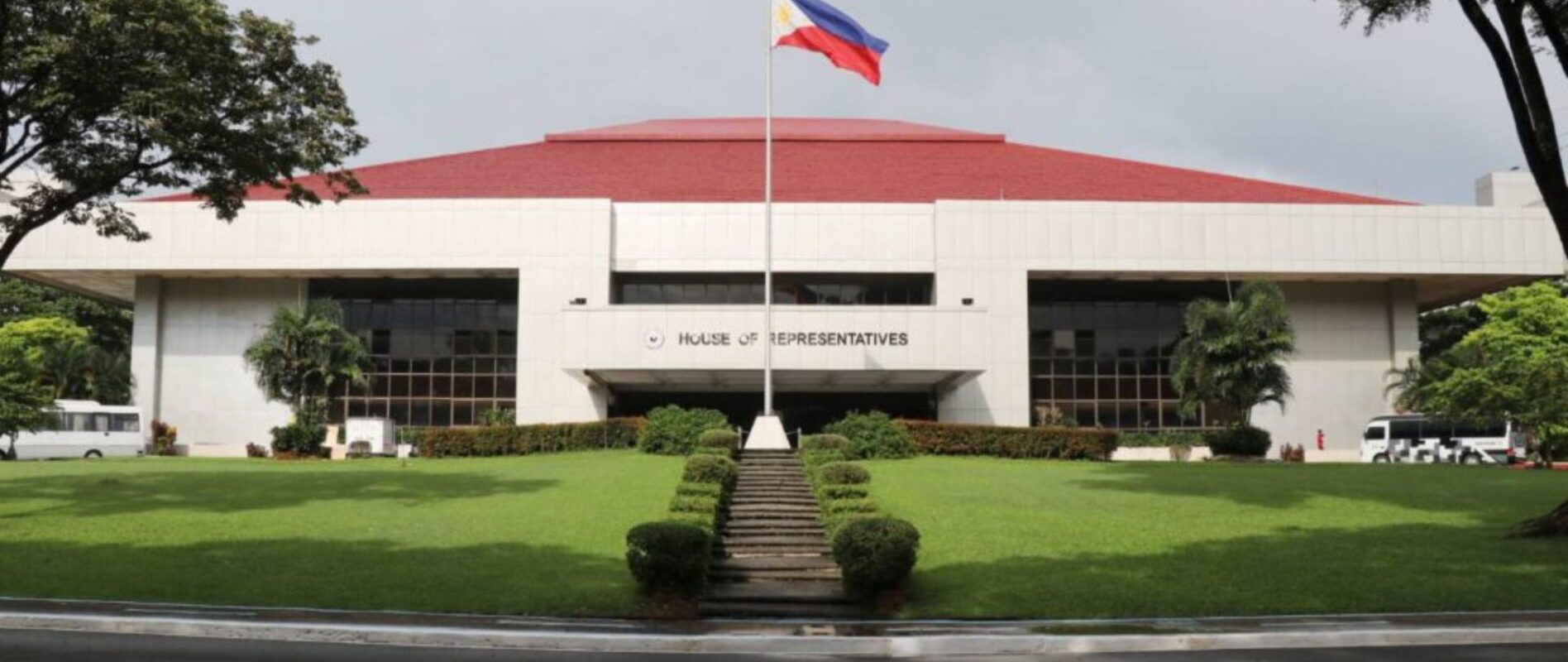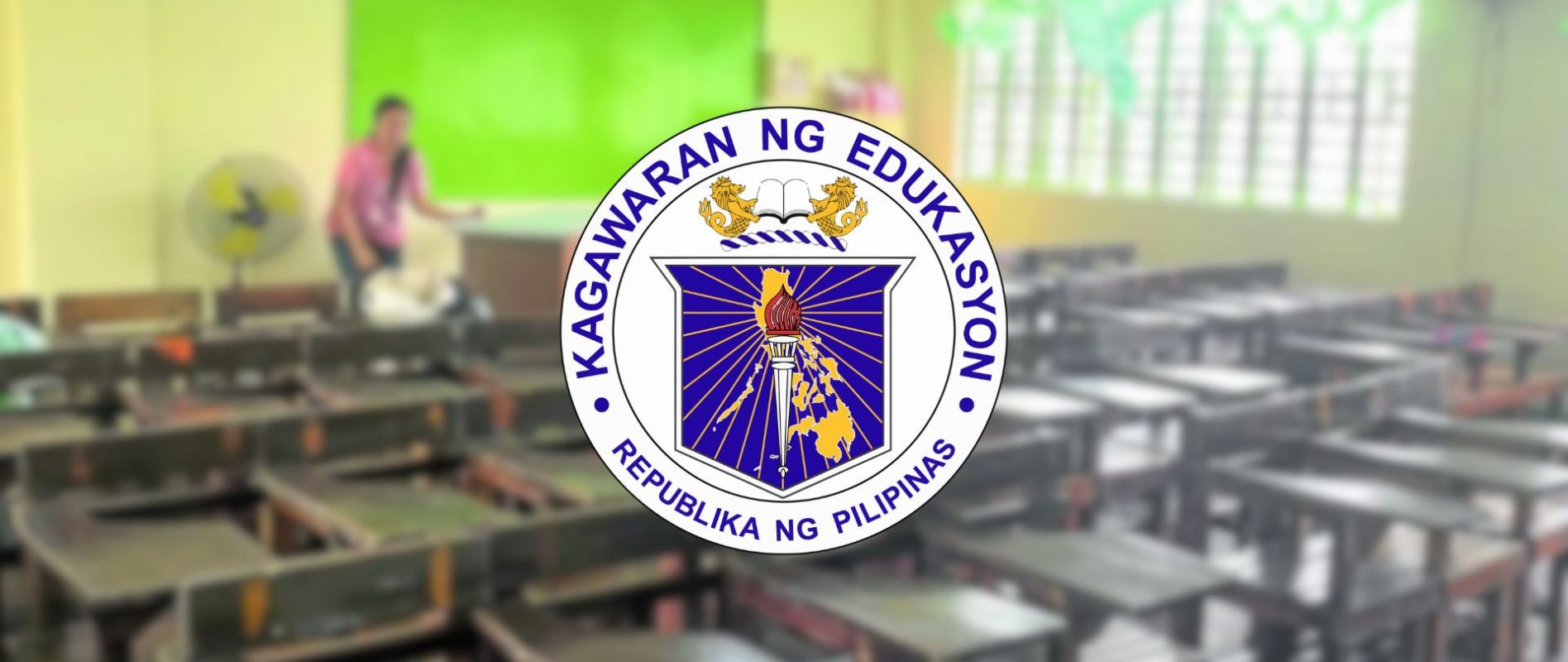LOOK: MAPUA UNIVERSITY INVENTOR BAGS JAMES DYSON AWARD FOR SOLAR WINDOWS MADE OUT OF WASTE PRODUCE
This 27-year-old BS Electrical Engineering student from Mapua University has converted damaged crops to a solar window, and bagged top honors for it.
A James Dyson Award, which is given to students who excel in “designing things that solve the world’s problems,” has recently been given to 27-year-old BS Electrical Engineering student Carvey Ehren Maigue for his solar window invention.
Maguie, a fifth year student from Mapua University, had envisioned a way to convert ultraviolet (UV) light to renewable energy through waste products such as damaged crops.
His invention “AuREUS” was inspired by how the Aurora Borealis is formed. Aureus makes use of a substrate (a live substance that produces chemical reaction) that converts UV light into visible light.
The organic luminescent particles of the substrate then convert high-energy UV lightwaves to lower-energy visible lightwaves. This is the same process of how the atmosphere produces the Aurora Lights from high-energy waves in space.
“Compared to conventional claddings that deflect UV light, the device is capable of absorbing UV light instead,” Maigue shares adding that his design is capable of protecting people both indoors and outdoors from the harmful UV rays.
According to Maguie, his invention also aims to help farmers whose crops are affected by the typhoons that heavily hit the country every year. He says, “Since the particles used in the substrate can be derived from waste fruits and vegetables, we are giving the farmers another way to recover their losses even if their crops get wasted.”
As of this writing, the young inventor has already spent 10 years in college due to financial issues. In an interview, Maguie shared that he is taking prototyping and fabrication projects from different students to fund his education.
“To be able to fund my schooling, I take prototyping projects and fabrication projects from different students, as well as helping people who need support with their projects and their theses,” he said.
Maguie is just one of the Philippines’ talented students who are set out to help innovate the country’s infrastructure and technology through their brilliant invention. For visionaries like him, who has staunch support for his countrymen, what the state can do in return is provide more fervent support and funding for science and technology.



